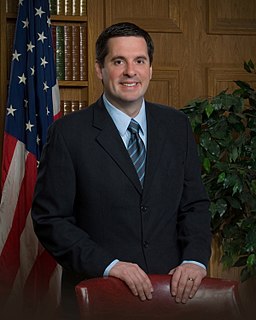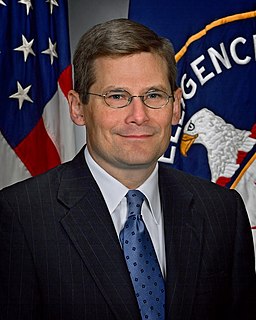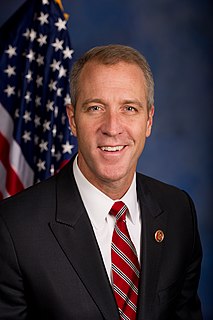A Quote by Jack Keane
There are very few fighters in the ISIS organization in Iraq and Syria coming from the United States; most of them have either come from a region of the Middle East or from Europe.
Related Quotes
I'm over here with the French counterterrorism experts talking about the 'Charlie Hebdo' case, how we can stop foreign fighters from coming out of Iraq and Syria to Europe, but then we have this phenomenon in the United States where they can be activated by the Internet, and, really, terrorism has gone viral.
The tactical issue is ISIS or ISIL in the greater Levant area, which is essentially Syria, and Iraq, Lebanon, Jordan, et cetera. But the wider problem is not just trans-regional in that part of the world, but it's also global. I mean, 40 to 50 countries supplying fighters to this current fight in the Middle East? Come on.
In the Middle East - and this is prior to the migration - you had almost no chance of coming into the United States. Christians from Syria, of which there were many, many of their heads ... chopped off. If you were a Muslim from Syria, it was one of the easiest places to come in (to the U.S.). I thought that was deplorable.
The problem of ISIS is not recent. Ever since the Second World War, people in this region have been, and are today, living under brutal dictatorships governed by nationalistic fervor. As for the Kurdish question: nobody from the Arab world is serious about fighting ISIS. It's only the Kurdish people who are standing firm against ISIS. And I think Europe, the United States, and most other democratic countries of the world are beginning to look at the Kurds in another way. The Kurds are really becoming their partners in the region.
Sadly, a U.S. invasion of Iraq 'would threaten the whole stability of the Middle East' - or so Amr Moussa, secretary-general of the Arab League, told the BBC on Tuesday. Amr's talking points are so Sept. 10: It's supposed to destabilize the Middle East. The stability of the Middle East is unique in the non-democratic world and it's the lack of change in Iraq, Iran, Saudi Arabia, Syria, Egypt that's turned them into a fetid swamp of terrorist bottom-feeders.
One great lesson from history we need to keep on re-learning. It is that sometimes your adversaries tell you exactly what they're going to do. How many times did [Osama] bin Laden say prior to 9/11 that he was coming after the U.S.? ISIS made clear that when they established their caliphate in Iraq and Syria, they were coming after the United States too.
Our process inside the United States government has gotten much better at making sure we touch all possible source of information about a refugee. The interview process has gotten more robust, so we've gotten our act together in that respect. The challenge remains, especially with respect to folks coming from Syria, we're unlikely to have anything in our holdings. That is, with people coming from Iraq, the United States government was there for a very long period of time. We had biometrics, we had source information. We're unlikely to have that kind of picture about someone coming from Syria.
I think we have to knock out ISIS. Right now Syria is fighting ISIS. We have people who want to fight both at the same time. But Syria is no longer Syria; Syria is Russia and Iran, who she made strong, and Kerry and Obama made into a very powerful nation and very rich nation very, very quickly. Very, very quickly. I believe we have to get ISIS.
The latest developments in Iraq are deeply troubling, but as the United States considers military and diplomatic responses to the actions of the Islamic State in Iraq and Syria (ISIS) action, we should be clear that U.S. troops on the ground cannot go a million miles near a sectarian civil war-it's simply not an option.
Trump himself has not laid out a clear agenda on the national security issues that are the most pressing for the United States, from the resurgence of the Taliban in Afghanistan to the deepening Syrian civil war to the fight against ISIS in Iraq and Syria and the flexing of Russian muscles under President Vladimir Putin.
I believe that the Iraqis have an opportunity now, without Saddam Hussein there, to build the first multiconfessional Arab democracy in the Middle East. And that will make for a different kind of Middle East. And these things take time. History has a long arc, not a short one. And there are going to be ups and downs, and it is going to take patience by the United States and by Iraq's neighbors to help the Iraqis to do that. But if they succeed, it'll transform the Middle East, and that's worth doing.


































